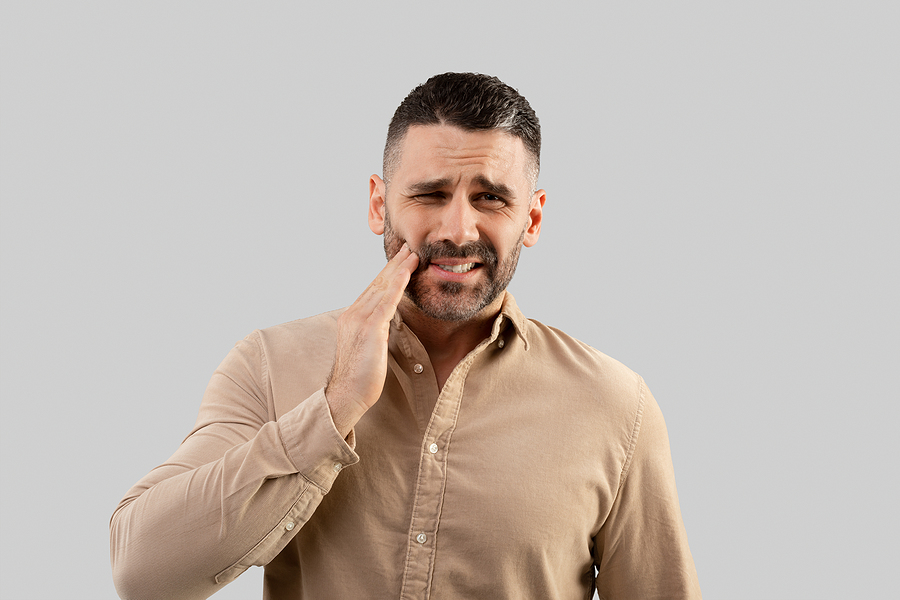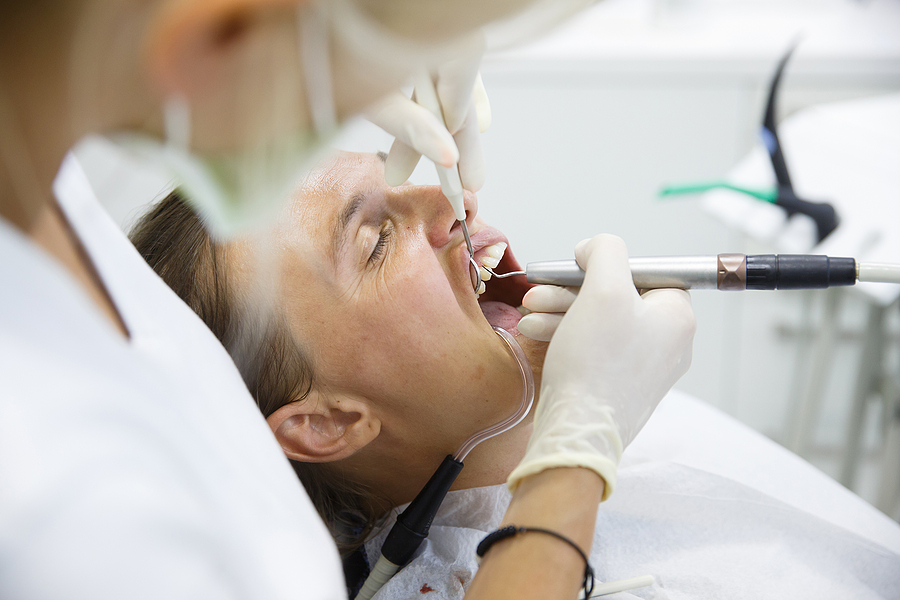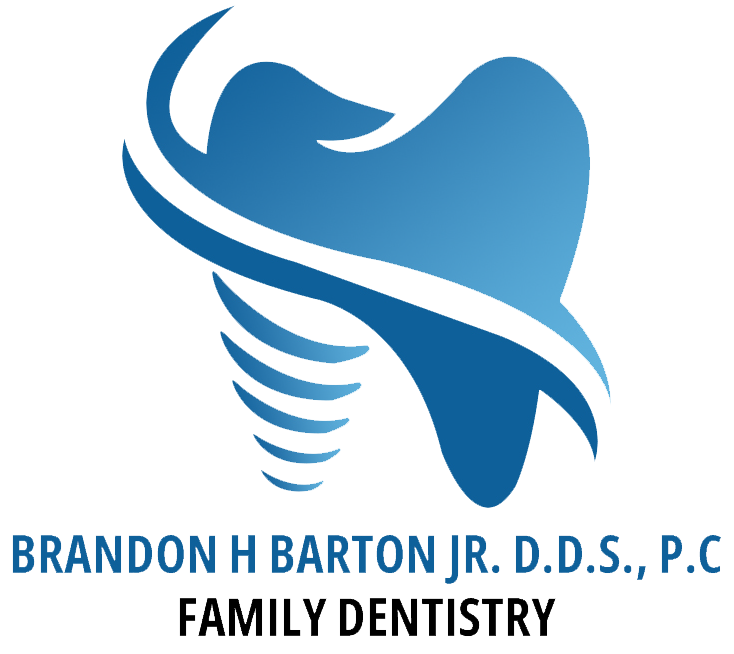The Role of Dental Crowns in Restorative Dentistry: More Than Just a Cosmetic Fix
Posted by Brandon Barton Dec 03,2024

Dental crowns often hold a special place in the field of restorative dentistry, yet many people perceive them as mere cosmetic enhancements. However, their role extends far beyond just improving appearances. Whether you're dealing with decay, cracking, or wear and tear from everyday use, dental crowns can restore functionality while also enhancing your smile.
In Detroit, MI, where options like ceramic and gold crowns are readily available, understanding how these solutions fit into your overall oral health is essential. Let’s delve into what dental crowns truly offer to patients seeking both aesthetic appeal and lasting durability.
The Purpose of Dental Crowns in Restorative Dentistry
Dental crowns play a pivotal role in restorative dentistry. They serve as protective caps for damaged or weakened teeth, ensuring functionality and durability.
When decay is extensive or after root canal therapy, a crown can restore the tooth’s shape and strength. This not only aids in chewing but also helps maintain proper alignment within the bite.
Crowns are essential for anchoring dental bridges, providing stability to surrounding teeth. They help distribute bite forces evenly, reducing strain on adjacent structures.
Another significant purpose of crowns is to enhance aesthetics. While function is paramount, many patients seek an improved smile through natural-looking materials like ceramic and gold crowns in Detroit, MI.
They offer both protection and beauty, making them indispensable tools in modern dentistry. Their versatility addresses various dental issues while preserving the integrity of your oral health.
Types of Dental Crowns and Their Uses
Dental crowns come in various materials, each suited for different needs. Ceramic crowns are popular for their natural appearance and ability to blend seamlessly with surrounding teeth. They’re an excellent choice for front teeth restoration.
Gold crowns offer unmatched durability and strength. Ideal for back teeth, they withstand significant chewing forces without cracking. Their metallic shine may not be everyone's preference, but they provide a long-lasting solution.
Porcelain-fused-to-metal crowns combine aesthetics with functionality. They feature a metal base covered in porcelain, offering both strength and a lifelike look. This makes them versatile for multiple dental restorations.
Resin crowns are another option that provides affordability while still achieving decent cosmetic results. However, they wear down more quickly than other types.
Each crown type serves specific purposes based on the location of the tooth and patient preferences, ensuring everyone can find a suitable solution tailored to their needs. Contact us to learn more.
Benefits of Dental Crowns Beyond Aesthetics
- Dental crowns offer more than just visual appeal. They play a vital role in restoring function to damaged teeth. When a tooth is weakened due to decay or injury, a crown can provide the necessary support.
- These restorations help maintain proper bite alignment. This prevents additional strain on surrounding teeth and reduces the risk of further damage. A well-placed crown ensures that you can chew comfortably without discomfort.
- Moreover, dental crowns fortify your natural teeth against future issues. They act as protective barriers, shielding vulnerable areas from bacteria and decay. This added layer of defense contributes significantly to long-term oral health.
- In addition, receiving a crown often improves speech clarity if the treated tooth is affecting pronunciation or comfort while speaking. The enhancement in overall mouth functionality makes daily activities easier and more enjoyable.
How Dental Crowns Can Improve Oral Health
Dental crowns play a vital role in maintaining oral health. They provide strength and protection to damaged teeth, which can prevent further deterioration. When a tooth experiences decay or trauma, the surrounding structure may be compromised. A crown shields it from additional wear and tear.
In cases of root canal treatment, crowns restore function while sealing off the treated area from bacteria. This reduces the risk of reinfection, promoting healthier gums and overall dental well-being.
Moreover, crowns can help improve bite alignment by redistributing chewing forces evenly across your teeth. This adjustment reduces stress on neighboring teeth, potentially preventing future problems like cracks or fractures.
By restoring both form and function to your smile, dental crowns contribute not just to aesthetics but also to long-term oral health strategies that keep issues at bay for years to come.
Conclusion: The Importance of Properly Maintaining Dental Crowns for Long-Term Success
Maintaining dental crowns is crucial for ensuring their longevity and effectiveness. Regular check-ups with your dentist in Detroit, MI can help monitor the condition of your crowns and prevent any complications. Proper oral hygiene practices, such as brushing twice a day and flossing daily, also play an essential role in keeping your crowns intact.
It's important to avoid habits that can damage them, like grinding teeth or using them to open packaging. By taking these proactive steps, you can enhance the durability of ceramic and gold crowns in Detroit, MI.
Investing time in maintenance not only preserves the appearance of your smile but also supports overall oral health. With attentive care, dental crowns can serve you well for many years to come. Visit Brandon H. Barton Jr., D.D.S., P.C., at 11200 E McNichols Rd., Detroit, MI 48234, or call (313) 521-6400 to learn more.
More Blog Posts
Contact Us
11200 E McNichols Rd.,
Detroit, MI, MI, 48234
Email: Schedule1@bartondental.net
Phone: (313) 521-6400
Working Hours
MON - THU8:30 am - 5:30 pm
FRI - SUNClosed







